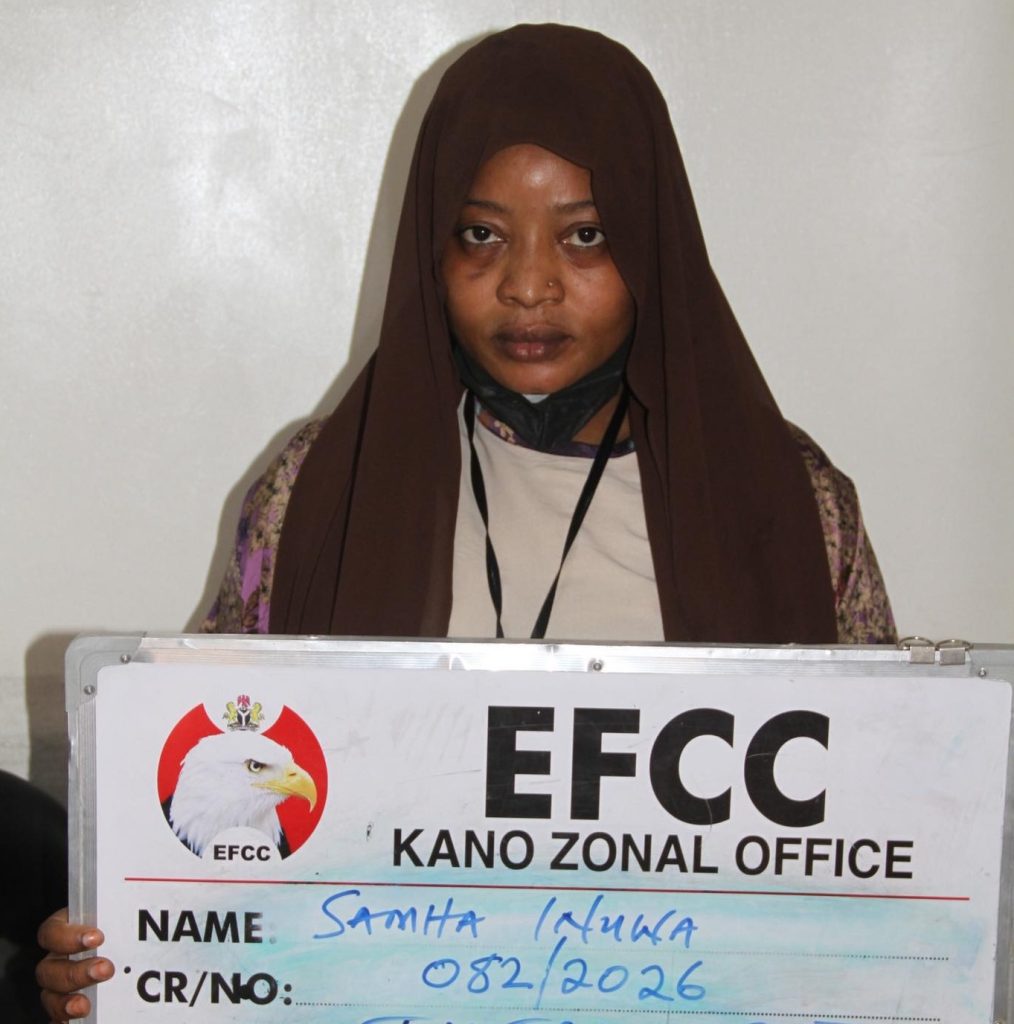The Nigerian stock market experienced its largest single-day loss in history, with a staggering N4.6 trillion wiped off investors’ wealth. This significant decline was driven by panic sell-offs of major stocks, including Dangote Cement and Oando. According to data from the Nigerian Exchange Limited (NGX), the market’s total capitalization plummeted from N94.526 trillion to N89.884 trillion, while the All-Share Index (ASI) fell by 7,454.60 points, or 5.01%, to 141,327.30 points.
The market breadth closed with an unprecedented 61 losers and only four gainers, marking one of the most dramatic single-day losses on the NGX. Dangote Cement and Oando were among the hardest hit, with both stocks declining by 10% to N594 and N429.30 per share, respectively. In contrast, NCR Nigeria rose by 9.8% to top the gainers’ chart.
Despite the significant losses, trading activity increased, with an 80% growth in volume and a 159% spike in turnover. A total of 655.9 million shares valued at N29.4 billion were traded across 29,558 deals, up from 364.4 million shares worth N11.4 billion on the previous day. FBN HoldCo led in volume with 68.27 million shares traded, while GEREGU Power Plc recorded the highest value at N4.42 billion.
Analysts attribute the market’s downward trend to a combination of factors, including weak Q3 earnings, investor panic over policy misinterpretations, and concerns surrounding a proposed 30% capital gains tax. According to David Adonri, Vice Chairman of Highcap Securities Ltd., the market’s weakness was already evident last week, and comments by U.S. President Donald Trump on Nigeria’s reforms exacerbated uncertainty. Adonri noted that the planned capital gains tax hike has also discouraged institutional and foreign investors, leading to a decline in confidence.
The Nigerian stock market’s significant loss highlights the need for investors to exercise caution and for policymakers to address the underlying issues contributing to the market’s volatility. As the market continues to navigate these challenges, it is essential to monitor developments and adjust strategies accordingly. The NGX’s performance will likely be closely watched in the coming days, and any further declines could have significant implications for the Nigerian economy.



